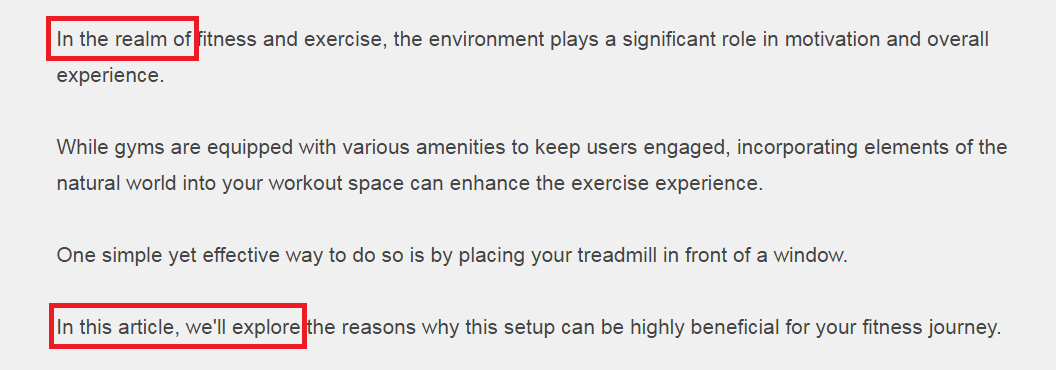When OpenAI unleashed their chatbot on the world, it had both positive and negative consequences for SEO.
It gave you the ability to publish vast amounts of content quickly and cheaply. But every action has a reaction, and boy did the search engines react!

Thanks largely to ChatGPT, everyone felt the wrath of Google’s Helpful Content Update, and now it’s harder than ever to get content indexed, whether or not it’s written by AI.
However, it turns out you just need to make one minor adjustment in order to overcome ChatGPT indexing issues.
Does Google penalize websites that use ChatGPT to write articles?
It’s really important to address this question before we talk about the matter of getting indexed, and the answer very much depends on what is meant by ‘penalize’.
Does Google punish websites that use ChatGPT with a manual penalty in Google Search Console? No.
It’s probably safe to say that most people who pose this question are talking about penalization in the colloquial sense i.e. the performance of AI content in the SERPs.

In this case, the answer isn’t a definitive yes or no. But that’s no different for human-written content! And of course there are other factors that influence rankings like keywords and backlinks.
The main takeaway here is that articles written by ChatGPT have a shot at getting indexed and ranked just like articles written by humans.
Why none of the indexing tools work
Since AI content is having a harder time getting indexed by Google, a market has opened up for so-called indexing tools.
There are two reasons why using these tools hasn’t helped in the slightest to get your ChatGPT articles indexed.
1. They are just wrappers for the Google Indexing API
URLs submitted via an indexing tool and URLs submitted via Google Search Console both end up being judged by Google in exactly the same way.
The wrapper, or skin, allows creators of these tools to woo you with success stories, testimonials, before & after screenshots, and all that nonsense.
Ultimately, content that goes through this channel is no more or less likely to be served up in the SERPs than if you were to use good old GSC.

2. They don’t solve the root cause of the problem
In short, your ChatGPT content is facing indexing issues because Google isn’t satisfied with it – and we know why.
Re-submitting for indexing over and over again won’t change anything, and on the off-chance it does slip through, it’s only a matter of time before it’s deindexed.
So, let’s talk about the final touches you need to make to your content before the indexing stage.
Remove any common ChatGPT phrases from your content
You may or may not have realized that ChatGPT often relies on the same phrases each time it’s asked to write an article or a guide or something similar.
We’ve been tracking ChatGPT’s favorite phrases for a long time, drawing from a large dataset, and found a strong correlation between the presence of these common phrases and indexing issues.
In other words, Google instantly detects a lack of originality in text that contains common AI phrases

As soon as Google discovers a common AI phrase in your article, it gets lumped in with 1000s of other pieces of content that used said phrase and so you are essentially tarnished with the same brush.
What’s more, 93% of common ChatGPT phrases appear in the introduction, which means you’ve lost Google’s trust way before the crawler processes the main body of the content!
That’s a hard pill to swallow if the rest of the page contains plenty of original text and images, but at least you know that you only really need to focus on the introduction when finalizing your content for indexing.

How to find common ChatGPT phrases in your content
Key to getting ChatGPT articles indexed is the removal of these instant triggers for lack of originality.
We already linked to the list of common phrases, so you can begin there, or you can take an even more granular approach and check your content for common ChatGPT words.
And remember that pages which have been successfully indexed are poised to be de-indexed if they contain any ‘blacklisted’ phrases, so make sure your audit is extensive in scope.